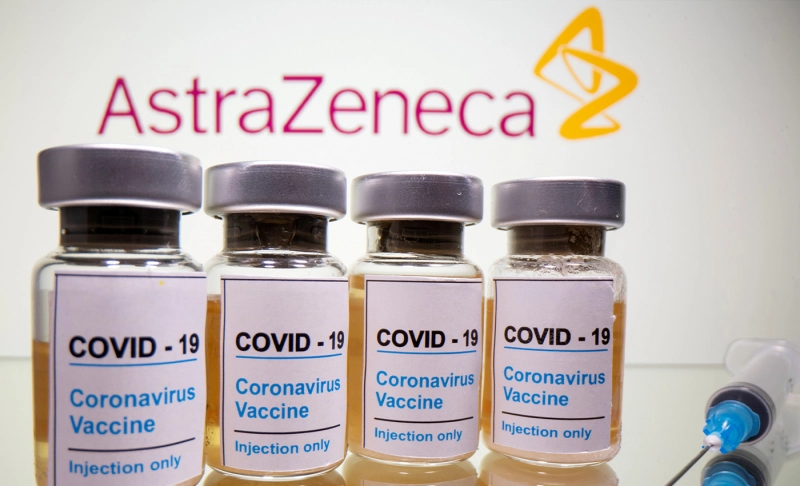September 1 2021
True: U.K. adults under 30 have been advised to take an alternative to the AstraZeneca vaccine.

The Verdict True
The U.K.'s government vaccines advisory board has suggested that alternative vaccines are given to younger adults due to a small risk of blood clots.
The U.K.'s government vaccines advisory board has suggested that alternative vaccines are given to younger adults due to a small risk of blood clots. Following the Joint Committee on Vaccination and Immunisation's (JCVI) advice, healthy adults under 30 in the U.K. will be offered an alternative to the AstraZeneca vaccine. According to the Medicines and Healthcare Products Regulatory Agency (MHRA), there is a possibility that the Oxford-AstraZeneca can cause rare blood clots with lowered platelets. The JCVI has decided a course correction to the U.K.'s vaccination drive as younger people are less likely to die from COVID-19. Therefore, the government vaccines advisory board has decided it is safer to offer those under-30 another vaccine. Dr. June Raine, chief executive of the MHRA, disclosed that up to 31 March, a total of 79 people in the U.K. experienced blood clots after receiving the AstraZeneca vaccine. 19 of the 79 people died, and among them, three were under 30. All 79 cases occurred following the first dose. Professor Sir Munir, chair of the commission of human medicines, added that the data on people who have had both doses of the AstraZeneca vaccine remains limited. Therefore, the committee cannot conclude how frequently the rare blood counts happen following a second dose. Raine concluded that based on the current evidence, the AstraZeneca vaccine's benefits outweigh the risks for most people, and the risk remains "extremely small." According to the existing data, COVID-19 is known to cause clotting disorders, with up to 23 percent of patients needing intensive care after blood clotting. On the other hand, the AstraZeneca vaccine's risk is one case for every 250,000 vaccinations. Professor Jonathan Van-Tam, England's deputy chief medical officer, assured the public that this change would have a minimal impact on the U.K.'s vaccination program. He added that people who have had the first dose of the AstraZeneca vaccine must continue to be offered the second dose. The current advice from the MHRA is to seek medical help if symptoms persist four days after vaccination. The symptoms include a severe headache, blurred vision, chest pain, shortness of breath, skin bruising beyond the injection site, leg swelling, or abdominal pain. At present, the U.K. is offering three vaccines - Pzifer, Moderna, and AstraZeneca. After this announcement, people between 18 and 29 will be offered either the Pfizer or Moderna jab. The COVID-19 pandemic has given rise to a lot of potentially dangerous misinformation. For reliable advice on COVID-19, including symptoms, prevention, and available treatment, please refer to the World Health Organization or your national healthcare authority.


